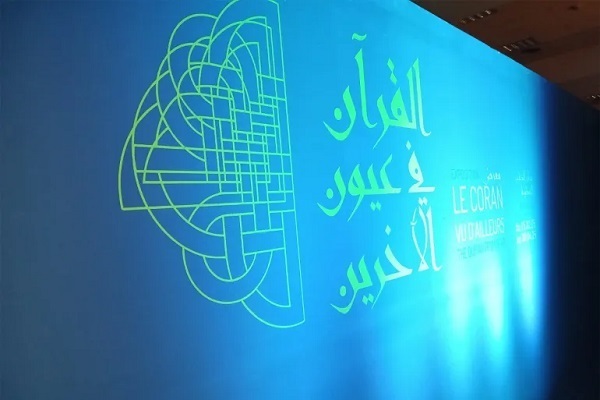Tunis Exhibition Explores the Quran’s Influence in European Thought

Titled, "The Quran Through the Eyes of Others," the event will run until April 30. Organized in collaboration with the National Heritage Institute and the Research Institute on Contemporary Maghreb, the exhibition explores the Quran’s impact on European philosophical, religious, and cultural thought from the Middle Ages to modern times.
The exhibition showcases more than 80 rare manuscripts and historical documents, some from Tunisian institutions and others borrowed from international museums, according to Tunisian media outlets.
It offers a fresh perspective on how the Quran has been studied academically and debated in intellectual and cultural circles across Europe.
Read More:
Utilizing modern display techniques, including interactive screens, digital maps, and video segments, the exhibition provides visitors with an engaging visual and historical experience.
"This research project, launched in 2019 with funding from the European Research Council, is a significant step in the European Union’s support for cultural initiatives," Khaled Ksher, Director of the National Library of Tunisia, told Tunis Afrique Presse.
The exhibition also sheds light on the historical movement of Quranic manuscripts between North Africa and Europe, presenting archival materials that demonstrate how the Quran became a subject of intellectual discourse in both medieval and modern Europe.
Ksher noted that some of the Islamic manuscripts on display were looted during the Spanish invasion of Tunis in 1535. Many Quranic texts and scholarly works were smuggled into Europe through networks of cultural exchange, particularly to Spain, Germany, and Italy.
Rea More:
"Some of these manuscripts, adorned with intricate decorations and unique gold embellishments, later became part of private collections and prestigious museums," Ksher explained. "They were not only regarded as religious texts but also as valuable artistic and historical artifacts."
Beyond its historical presentation, the exhibition raises deeper questions about the Quran’s place in European intellectual history. It examines its role in philosophical debates, particularly after the spread of Quran translations in modern times.
4266511



